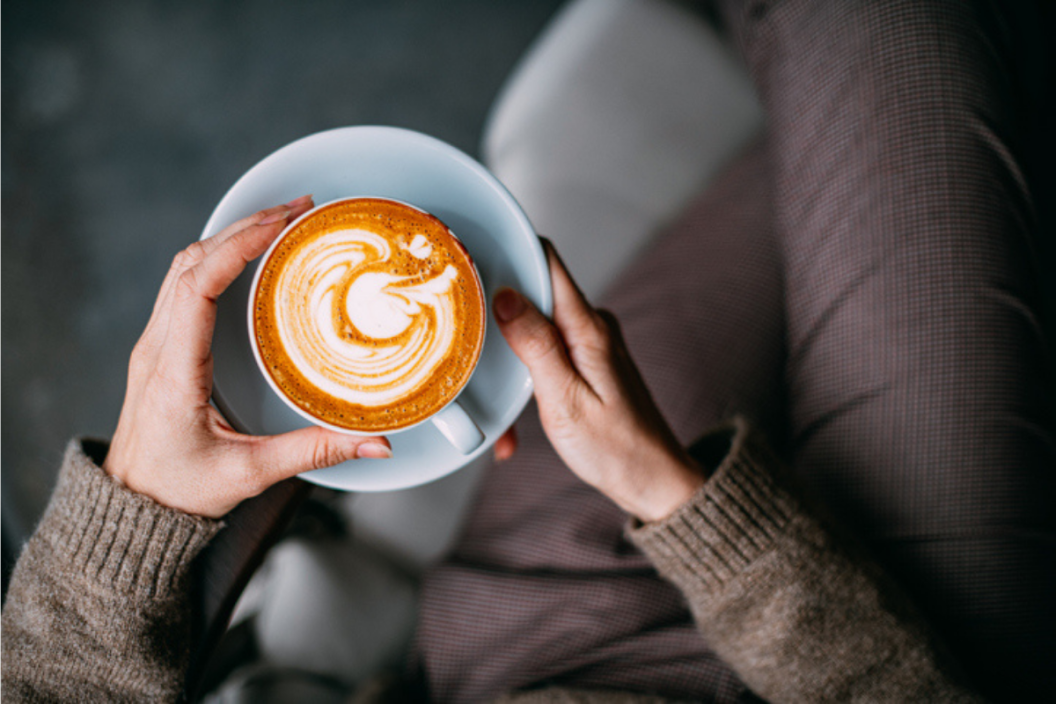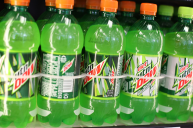Caffeine is essential to many people's morning routine, whether you go for a classic cup of coffee or a mug of black tea. Many habitual coffee drinkers need that extra boost to get going and be ready for the day! However, some worry that this energizing drink may have negative effects on heart health. The question is, does caffeine raise blood pressure?
What is High Blood Pressure?
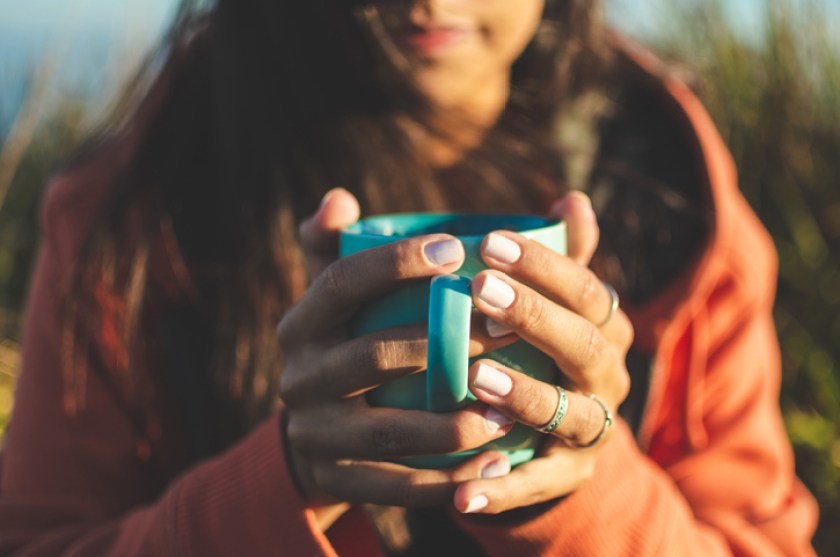
Getty Images/MesquitaFMS
High blood pressure, or hypertension, is when your blood pressure is higher than normal. Blood pressure is the pressure of your blood against your artery walls, and the two ways to measure it are called systolic blood pressure and diastolic blood pressure.
Systolic blood pressure is the measurement of the pressure in your arteries when your heart beats, while diastolic blood pressure measure the pressure in your arteries between beats. Normal blood pressure is 90/60 mm Hg to 120/80 mmHg, so any pressure level above that is considered high.
The reason that high blood pressure is an issue is that it makes your heart work extra hard to pump blood through your body. This puts you at risk of heart attack, stroke, and heart failure. Symptoms of high blood pressure are dizziness, palpitations, intense headaches, and vision problems, but these don't always show up, so it's important to have your blood pressure checked from time to time.
Will Drinking Coffee Raise Blood Pressure?
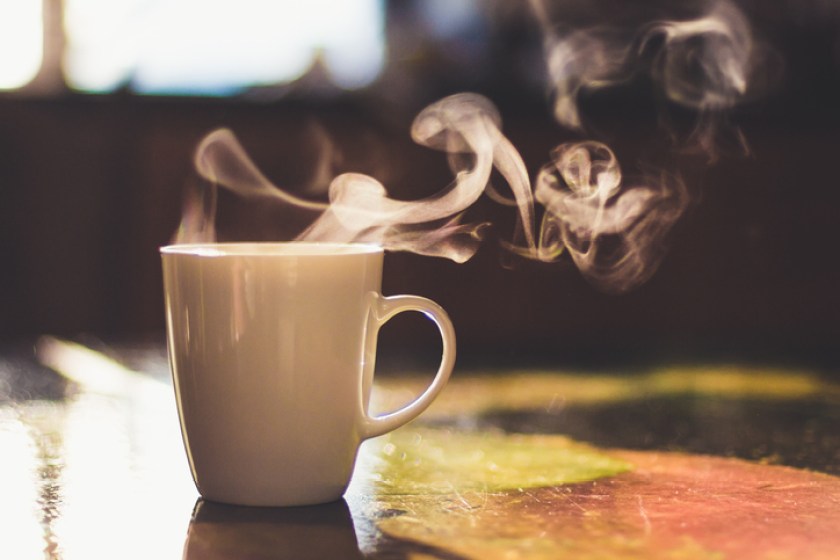
Getty Images/Alina Rosanova
Caffeine does increase blood pressure, but only temporarily. When you drink it, your arteries become more narrow, causing the pressure of the blood to increase. Coffee consumption also causes your body to release adrenaline, which makes your heart rate increase and narrows your blood vessels.
This short-term increase in blood pressure happens about 30 minutes to an hour after drinking a caffeinated beverage, and it usually lasts about 3-4 hours. After that, your blood pressure returns to normal.
Can I Drink Coffee if I Have High Blood Pressure?
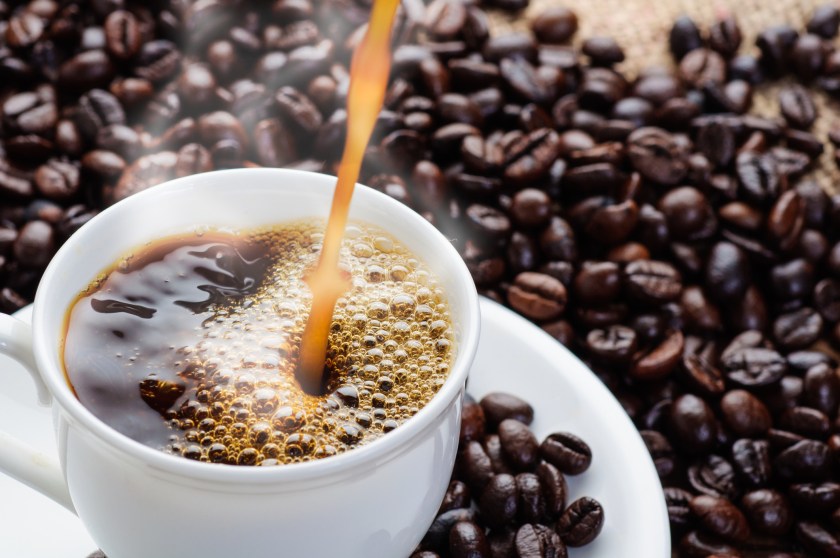
Getty Images/
iWichy
Since the increase in blood pressure that coffee causes is temporary, coffee drinking is safe if you have high blood pressure, as long as it's a moderate amount. If you have hypertension or heart palpitations, it's best to watch your overall caffeine intake and make sure that you're drinking a moderate amount.
To stay on the safe side, those with high blood pressure should also avoid coffee intake before activities that increase blood pressure like exercise or hard physical labor.
The U.S. Food and Drug Administration says that 400 mg of caffeine a day is considered a moderate amount and is safe for most people. This adds up to 5 espresso shots, 4.7 8 oz cups of coffee, or 5 energy drinks. There don't appear to be any long-term effects of caffeine in this daily amount. However, drinking over 600 mg a day can cause anxiety, depression, insomnia, and stomach issues.
If you're concerned about your blood pressure and caffeine intake, it might be best to try to limit your caffeine to 200 mg a day just to be safe. If you're cutting back on your caffeine consumption, do so gradually to avoid withdrawal symptoms like headaches, fatigue, and irritability.
READ MORE: Asheville's First Black-Owned Coffee Shop Brews Coffee and Social Justice
